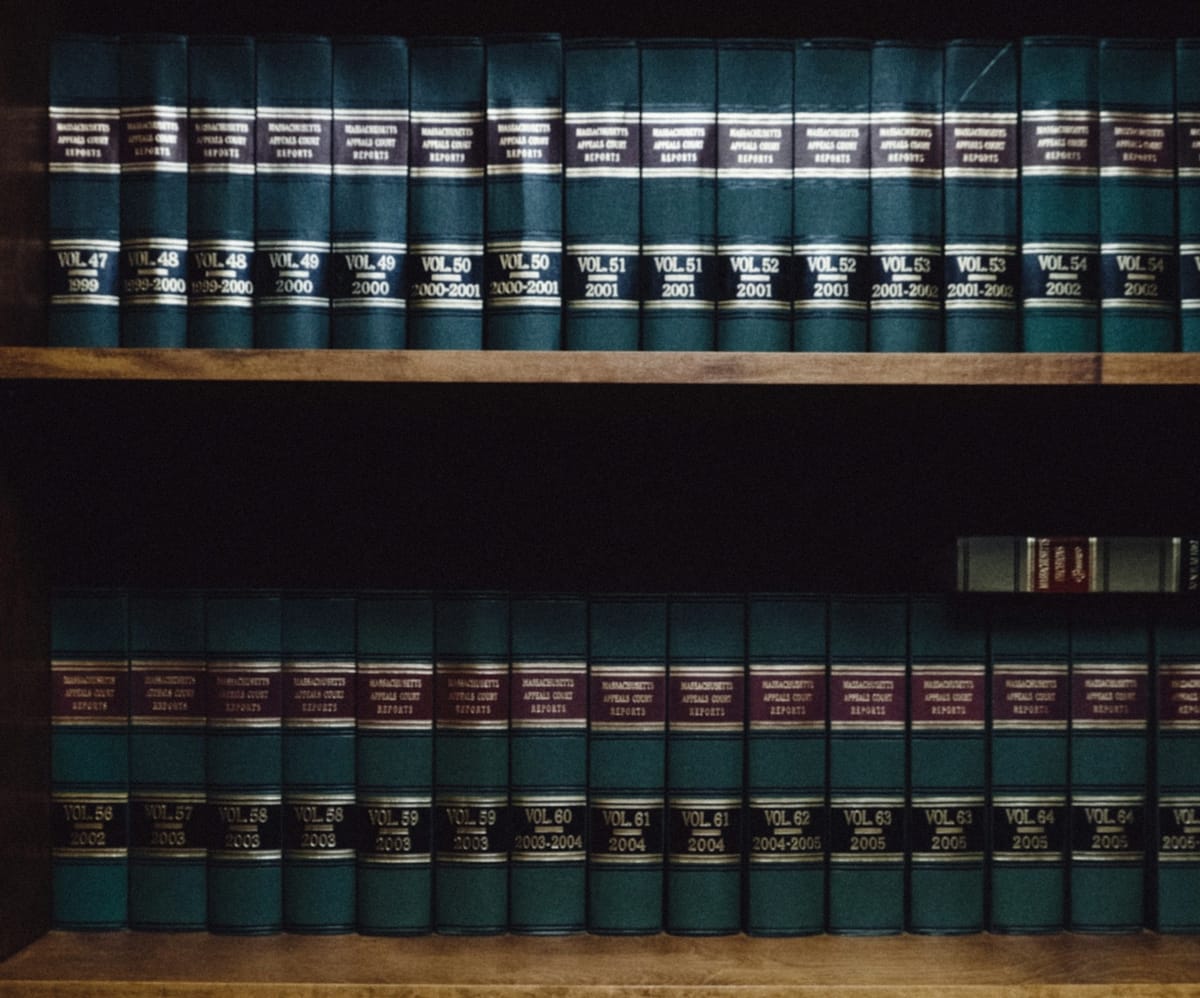Navigating the Corporate Transparency Act and BOIR: A Guide for Businesses
The Corporate Transparency Act and the implementation of the Beneficial Owner Information Report mark significant steps toward enhancing the transparency and integrity of the U.S. financial system.

In an era where financial transparency is becoming increasingly crucial for global commerce integrity, the United States has taken a significant step forward with the enactment of the Corporate Transparency Act (CTA). This legislation, part of a broader effort to combat financial crimes, money laundering, and terrorist financing, introduces new reporting requirements for a wide range of businesses through the Beneficial Owner Information Report (BOIR). Understanding the nuances of the CTA and BOIR is crucial for businesses aiming to comply with these new legal standards. This post aims to demystify the CTA and BOIR, outlining their purposes, requirements, and how businesses can navigate these obligations.
Understanding the Corporate Transparency Act (CTA)
The Corporate Transparency Act was passed as part of the National Defense Authorization Act for Fiscal Year 2021. The CTA aims to curb illegal financial activities by creating a more transparent business environment. It requires certain entities to report the identities of their beneficial owners to the Financial Crimes Enforcement Network (FinCEN), a bureau of the U.S. Department of Treasury tasked with safeguarding the financial system from illegal use.
Key Objectives of the CTA:
- Enhance Financial Transparency: By identifying the beneficial owners of legal entities, the CTA seeks to prevent and combat money laundering, terrorist financing, and other illegal activities.
- Simplify Entity Identification: The Act aims to provide a clear framework for identifying the real individuals who own or control legal entities, thus making it harder for bad actors to conceal their identities behind complex corporate structures.
- Facilitate Law Enforcement Investigations: By having access to a centralized database of beneficial ownership information, law enforcement and regulatory agencies can more effectively investigate financial crimes.
The Role of Beneficial Owner Information Report (BOIR)
Under the CTA, the BOIR is the primary mechanism through which entities report beneficial owner information. A beneficial owner is defined as any individual who, directly or indirectly, exercises substantial control over an entity or owns or controls a certain percentage of the entity's interests.
Who Needs to File a BOIR?
Not all entities are subject to the BOIR filing requirement. The CTA primarily targets smaller, privately owned entities without extensive public reporting obligations. These include:
- Corporations
- Limited liability companies (LLCs)
- Other similar entities formed under the laws of a U.S. state or registered to do business in the U.S.
However, there are exemptions. Generally, entities that are already heavily regulated, such as banks, credit unions, and publicly traded companies, are exempt from these reporting requirements.
Reporting Requirements:
Entities subject to the CTA and BOIR must provide FinCEN with the following information for each beneficial owner:
- Full legal name
- Date of birth
- Address
- A unique identifying number from an acceptable identification document (e.g., passport or driver's license number)
How to File a BOIR:
A BOIR can be compiled through several methods, including FinCEN's online portal. Entities must ensure that their information is accurate and up-to-date, with updates required within a specific timeframe after changes to beneficial ownership occur.
Navigating Compliance:
Compliance with the CTA and BOIR requires entities to take proactive steps in identifying beneficial ownership and understanding their filing obligations. Entities should:
- Determine Applicability: Assess whether the CTA applies to your entity and understand the exemptions.
- Identify Beneficial Owners: Collect and verify the required information from all beneficial owners.
- Choose a Filing Method: Decide on the most appropriate method for filing the BOIR, whether through FinCEN's online portal or another approved method.
- Maintain Records: Keep detailed records of the information submitted in the BOIR and any documentation used to verify beneficial ownership.
Conclusion:
The Corporate Transparency Act and the implementation of the Beneficial Owner Information Report mark significant steps toward enhancing the transparency and integrity of the U.S. financial system. While navigating these requirements may seem daunting, understanding your obligations and preparing accordingly can ensure compliance and contribute to the global fight against financial crimes. Businesses can consult legal or compliance experts to fully understand their responsibilities under the CTA and ensure they meet all reporting requirements effectively, but it's really not tough to get answers to these questions elsewhere and complete your report or reports quickly. It is time to file your BOIR, don't wait until it's too late and the daily fines start mounting.
FastFile offers the lowest prices from $29 per report down to $19 per report if you need to file 15 or more reports.
Additional Resources:
To learn more get answers using the BOIR and CTA trained AI Advisor or read the documentation available from FinCEN for a complete education on the CTA and BOIR.


